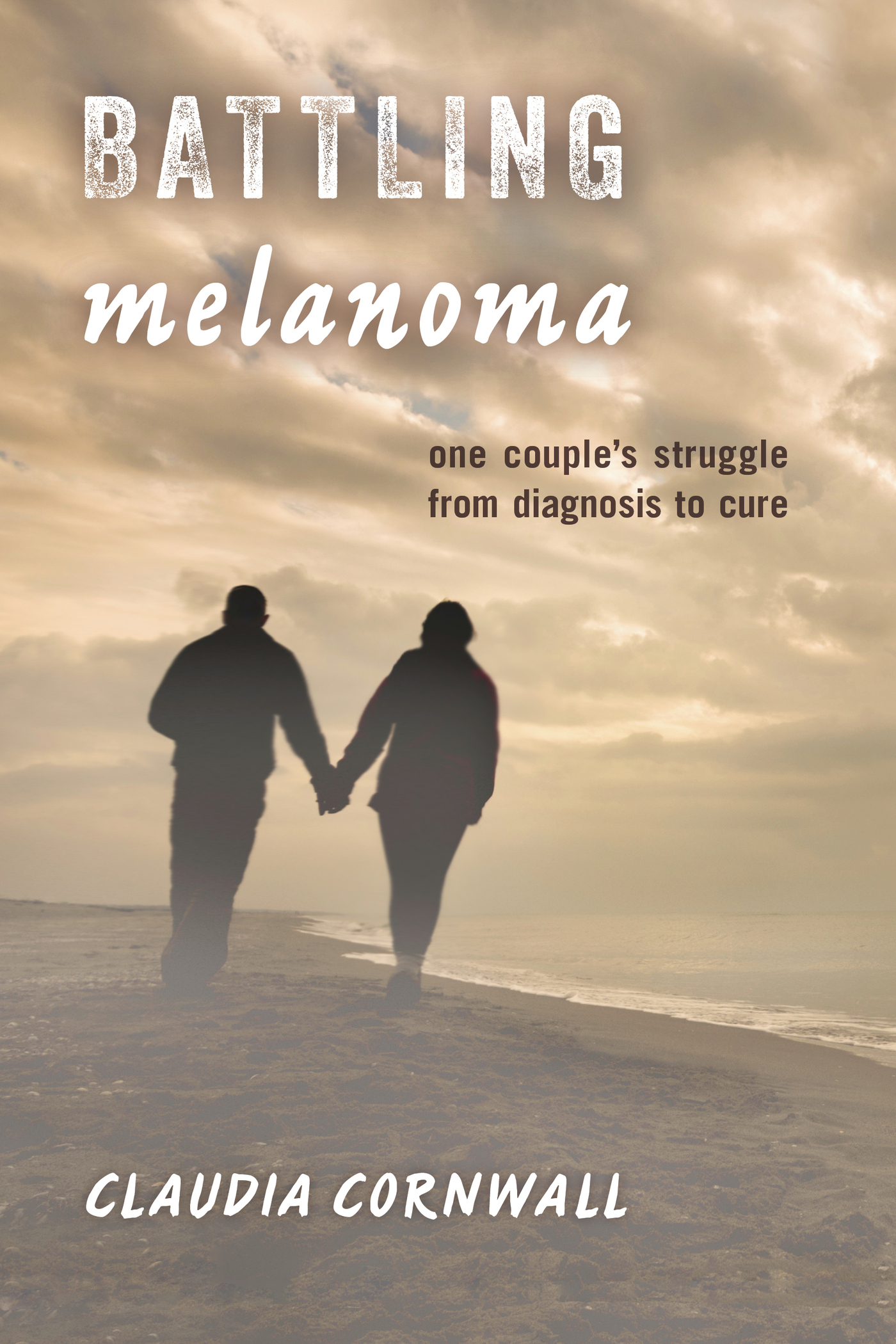Battling Melanoma
Battling Melanoma
One Couples Struggle from
Diagnosis to Cure
Claudia Cornwall
ROWMAN & LITTLEFIELD
Lanham Boulder New York London
Published by Rowman & Littlefield
A wholly owned subsidiary of The Rowman & Littlefield Publishing Group, Inc.
4501 Forbes Boulevard, Suite 200, Lanham, Maryland 20706
www.rowman.com
Unit A, Whitacre Mews, 26-34 Stannary Street, London SE11 4AB
Copyright 2016 by Rowman & Littlefield
All rights reserved. No part of this book may be reproduced in any form or by any electronic or mechanical means, including information storage and retrieval systems, without written permission from the publisher, except by a reviewer who may quote passages in a review.
British Library Cataloguing in Publication Information Available
Names: Cornwall, Claudia Maria, author.
Title: Battling melanoma : one couple's struggle from diagnosis to cure / Claudia Cornwall.
Description: Lanham : Rowman & Littlefield, [2016] | Includes bibliographical references and index.
Identifiers: LCCN 2016004054| ISBN 9781442245150 (cloth : alk. paper) | ISBN 9781442245167 (electronic)
Subjects: : LCSH: MelanomaTreatment. | Husband and wife.
Classification: : LCC RC280.M37 C67 2016 | DDC 616.99/477dc23 LC record available at https://lccn.loc.gov/2016004054
 TM The paper used in this publication meets the minimum requirements of American National Standard for Information Sciences Permanence of Paper for Printed Library Materials, ANSI/NISO Z39.48-1992.
TM The paper used in this publication meets the minimum requirements of American National Standard for Information Sciences Permanence of Paper for Printed Library Materials, ANSI/NISO Z39.48-1992.
Printed in the United States of America
We look for medicine to be an orderly field of knowledge and procedure. But it is not. It is an imperfect science, an enterprise of constantly changing knowledge, uncertain information, fallible individuals, and at the same time lives on the line. There is science in what we do, yes, but also habit, intuition, and sometimes plain old guessing. The gap between what we know and what we aim for persists. And this gap complicates everything we do. Atul Gawande
Acknowledgments
So many people helped to make this book possible. Id like to thank my husband, Gordon Cornwall, for all he did to find a cure and to assist me in writing a book about it! I am indebted to Dr. Robert Scott, Dr. Youwen Zhou, Dr. George Chang, Dr. Charmaine Kim-Sing, Dr. Sasha Smiljanic, Dr. Ramesh Sahjpaul, Dr. Vivek Mehta, Dr. Sandra Vermeulen, Dr. Omid Hamid, and Dr. Anthony Tolcher for treating Gordon and talking to me about his case afterward. James Allison, Tasuku Honjo, Gordon Freeman, and Rafi Ahmed were generous with their time and gave me a better understanding of their research. Kathy Barnard, Shannon Gaudette, Yvonne and Bob Gerard, and Nigel Deacon provided a broader sense of the patients point of view. Dr. Vanessa Bernstein added clarity about Nigels struggles with melanoma. My daughter, Natalia Cornwall, and my son, Tom Cornwall, helped to keep me sane. My editor, Suzanne Staszak-Silva, showed extraordinary patience, and my agent, Robert Lecker, was encouraging.
Introduction
The Black Tumor
Melanoma. All those soft vowels and humming consonants make the word sound mellifluousdulcet, honeyed, soft, liquid, silvery, soothing, rich.
Melanoma is aggressive and can spread from the skin to almost any tissue, although the lungs, bones, abdomen, and brain are the likeliest targets. Until a few years ago, a diagnosis of metastatic melanoma was a death sentence. Physicians must have felt that we had made little progress since 1826 when Thomas Fawdington, an English doctor in Manchester, wrote:
As to the remote and exciting causes of melanosis, we are quite in the dark, nor can more be said of the methodus medendi. We are hence forced to confess the incompetency of our knowledge of the disease under consideration, and to leave to future investigators the merit of revealing the laws which govern its origin and progress... and pointing out the means by which its ravages may be prevented or repressed.
In 2012, when my husband, Gordon Cornwall, was told he had melanoma, I was both shocked and frightened. He was steadier than I was. Im healthy, strong. There is plenty of reason to hope, he said. And the situationthe incompetency of our knowledge, as Fawdington described itwas beginning to change. Scientists were gaining a better understanding of the disease, of its defenses, and for the first time in history some peoplea smattering of themwere surviving. But medicine was still in a state of flux. While life-saving treatments existed, accessing them was difficult. Gordons oncologist could not simply write out a prescription for what he thought was best. We learned about compassionate care, and about high-level negotiations between people we didnt know that might or might not grant Gordon an opportunity. So the prospect of a cure tantalized, but I was acutely aware that we might miss out. Sometimes I thought Gordons life was hanging by a thread.
Melanoma is complicated, and Gordon saw several different physicianshis family doctor, dermatologist, surgeon, medical oncologist, radiation oncologist. We soon encountered an unexpected number of professional disagreements. I think this was partly because we were dealing with melanoma, which is, as I said, complicated, and partly because we were entering a new era, and the appropriate standard of care was not firmly established. Was a sentinel node biopsy a good idea? Would radiation boost long-term survival? When should systemic drug therapy be considered? What systemic treatment was available? Interferon? Or something more up to date? We heard different answers to all these questions. Gordon dubbed the proliferation of views the fog of medicine. We relied on the intuitions of our family doctor, sought second and sometimes even third opinions. While we encountered disagreements that were unsettling, we also found wisdom and deep clinical experience that was invaluable. We did research on the web. In the process, we learned to appreciate the extent to which patientswith scientific papers just a few clicks awaycan become partners in planning their own care. Realizing this is both empowering and overwhelming. You may suddenly find yourself saddled with more responsibility than you want.
We were in the middle of a medical paradigm shift. I sought to understand this, and was lucky enough to be able to speak to some of the scientists who made it happen. I learned that for the past hundred years, researchers had tried to enlist the immune system to eradicate cancers. After all, it destroyed pathogens such as viruses and bacteria. Melanoma, in particular, seemed a good candidate for this approach. Investigators had evidence that it was visible to the immune system and excited ita first step. Moreover, they had nothing else. Chemotherapy had mostly dismal outcomes; melanoma could easily mutate its way out of that trap.
At first, researchers tried to boost the immune system in order to fight malignancies. This seemed like a good, commonsense idea, but these efforts did not work very well. A revved-up immune system can be quite toxic and only seems worthwhile for a few people. In general, the benefit is not worth the risk.
And then James Allison, a soft-spoken Texan, came along. He is a man who even as a teenager spoke his own mind. He did not suffer fools gladlyparticularly fools in authorityand was always willing to go his own way, if he thought he was right. While others were trying to answer the question, What turns the immune system on? he became interested in a related but different inquiry, What turns the immune system off? This change in focus was surprisingly productive. Allisons answer to that question opened the door to a new drug. (Tasuku Honjo, a Japanese scientist, also answered the question and opened the door even further to additional therapies.) For his pioneering work, Allison is often called the father of immunotherapy. He has been honored with a blizzard of prestigious awardsto name a few, the Tang Prize for Biopharmaceutical Science, the Szent-Gyrgyi Prize for Progress in Cancer Research, the Canada Gairdner International Award, the Breakthrough Prize in Life Sciences, and the Lasker Award. Rumors abound that, one day, the Nobel may be his too.
Next page
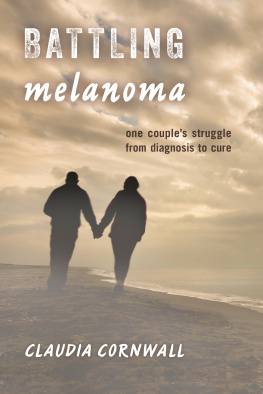


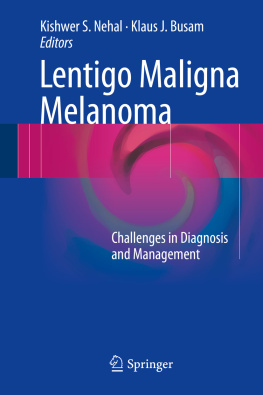
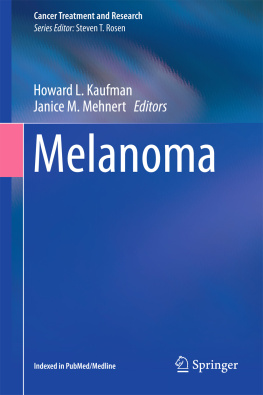
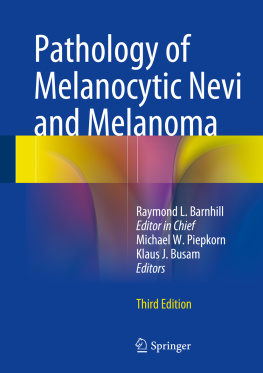
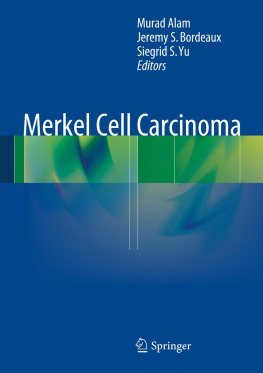
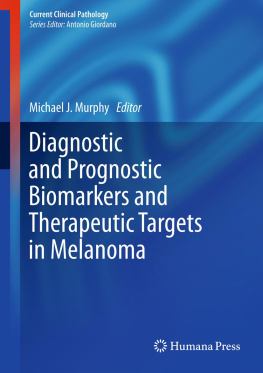
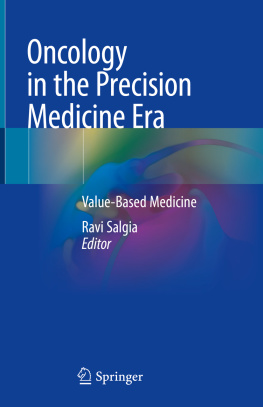
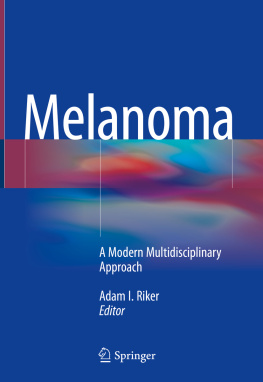
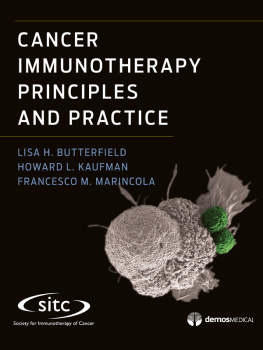
 TM The paper used in this publication meets the minimum requirements of American National Standard for Information Sciences Permanence of Paper for Printed Library Materials, ANSI/NISO Z39.48-1992.
TM The paper used in this publication meets the minimum requirements of American National Standard for Information Sciences Permanence of Paper for Printed Library Materials, ANSI/NISO Z39.48-1992.